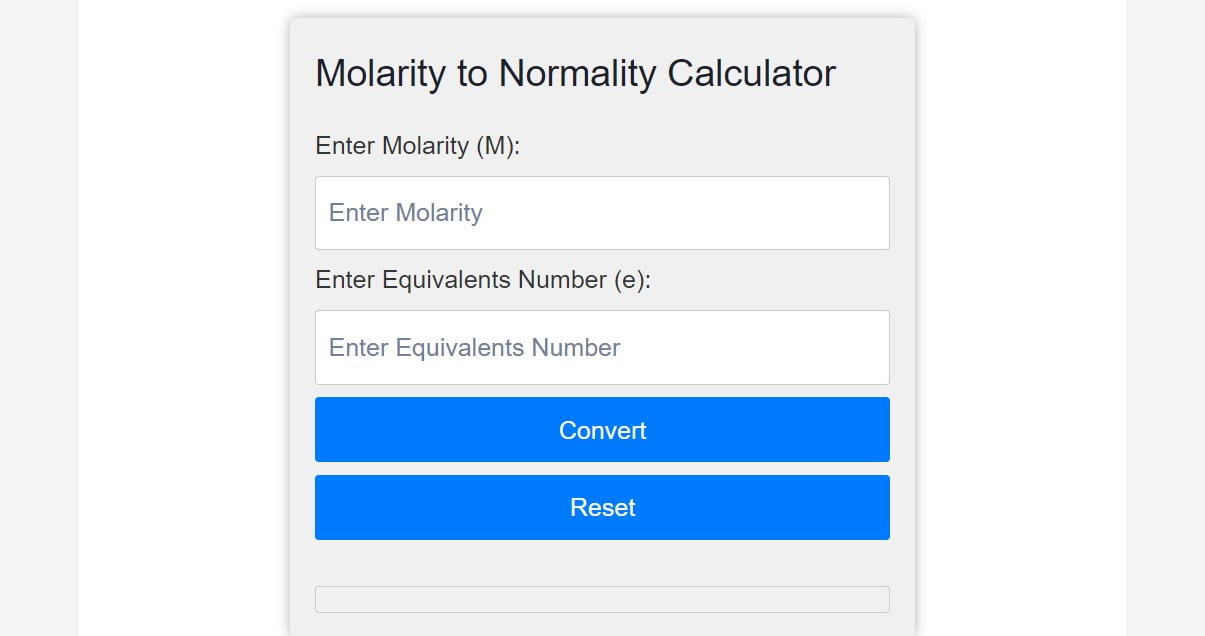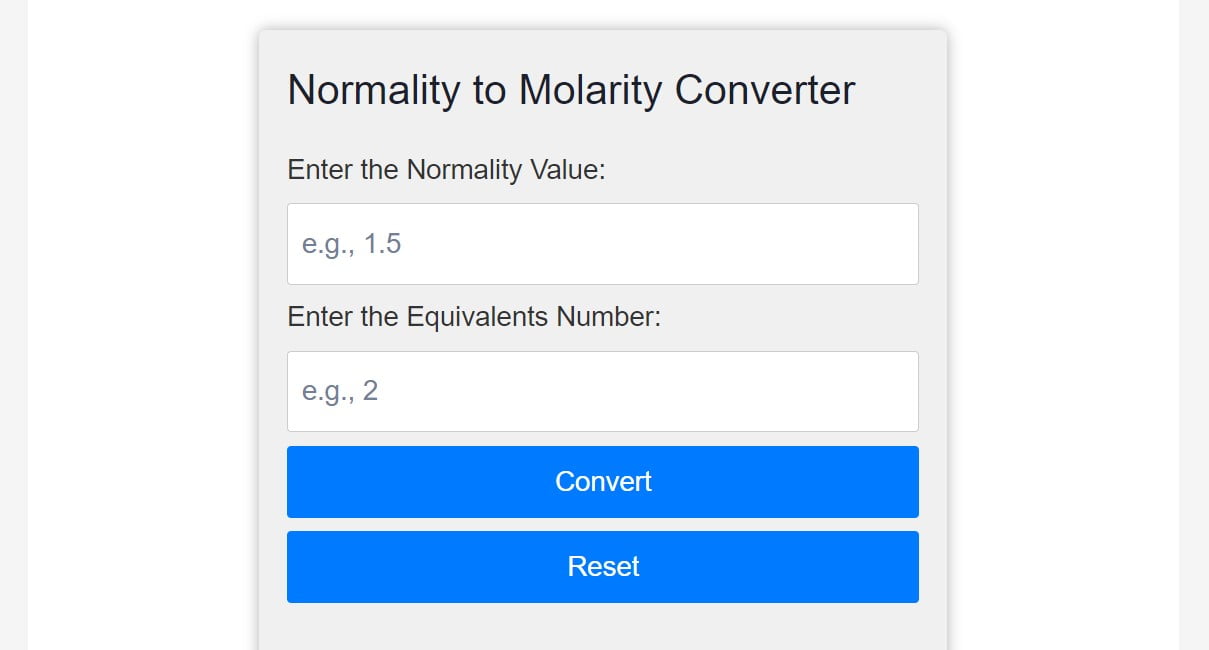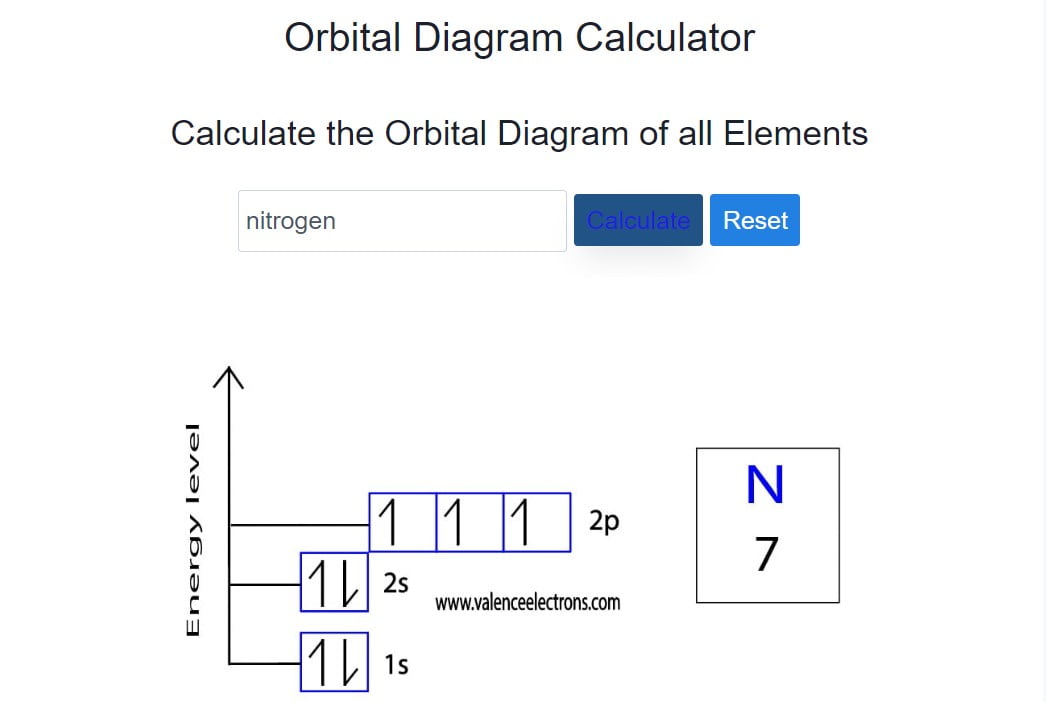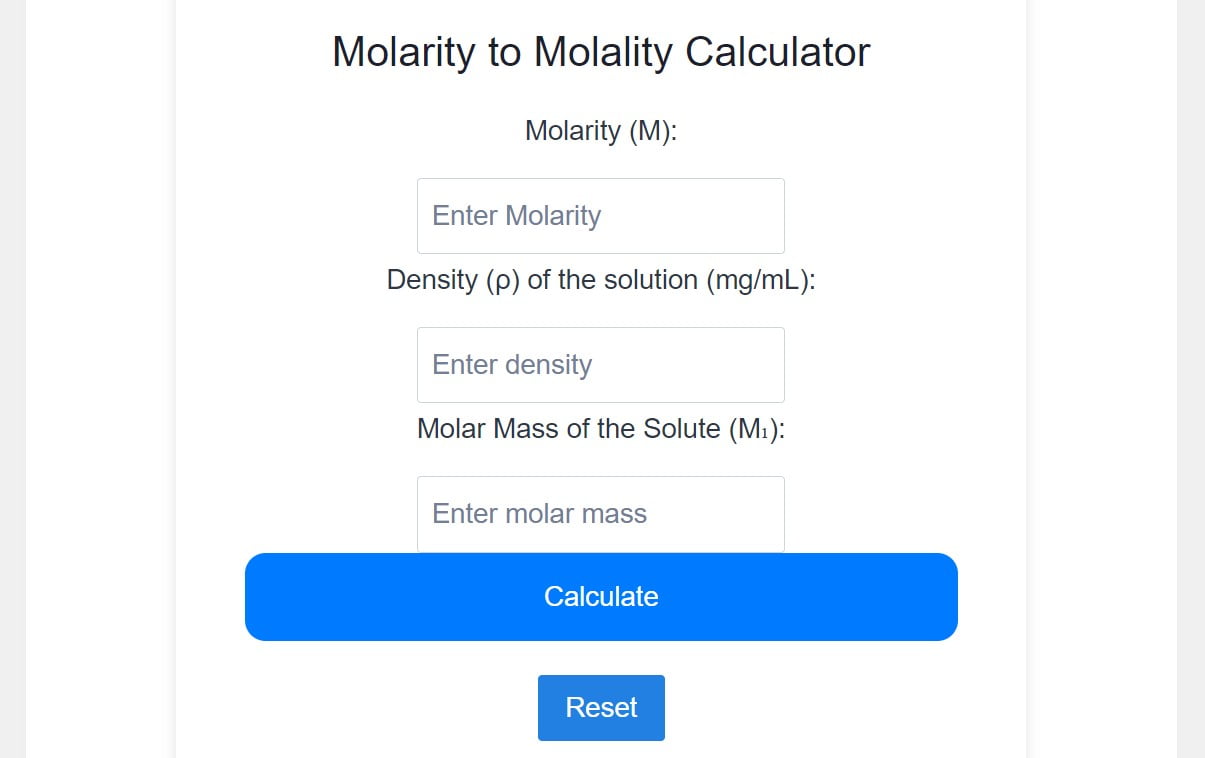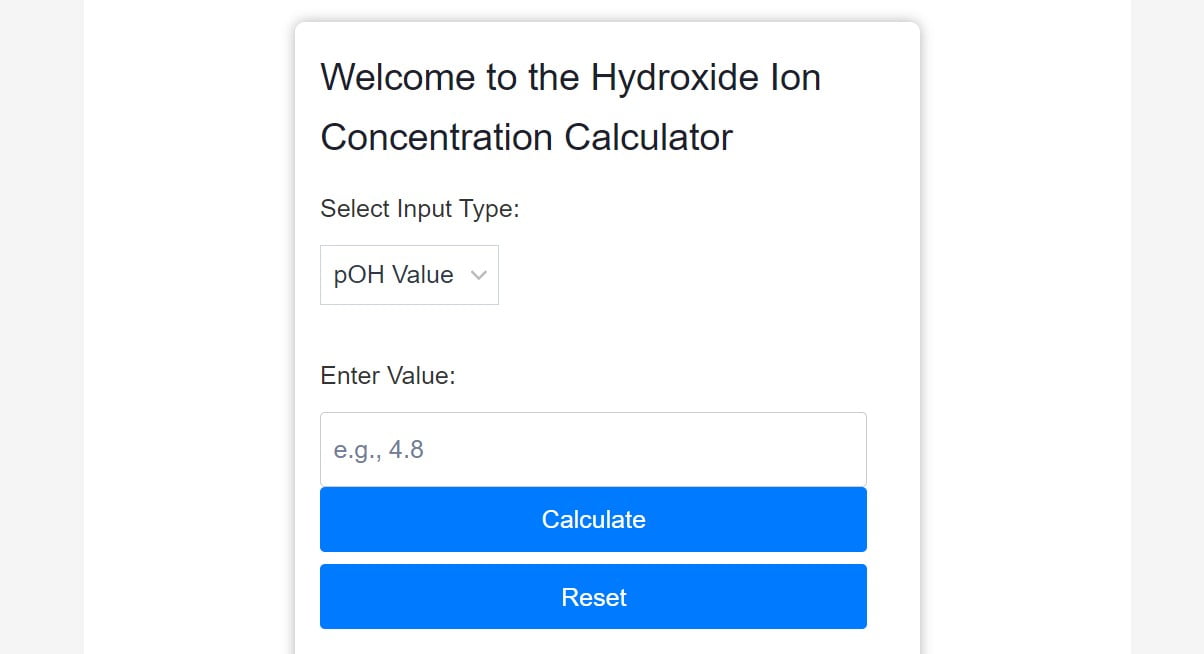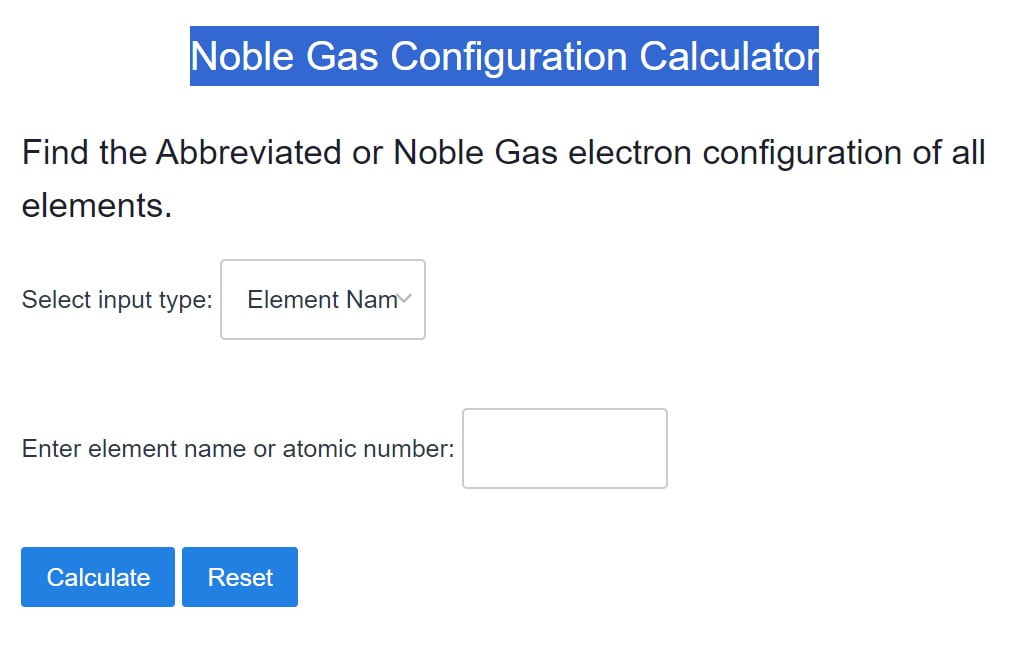pKb to Kb calculator – Explore Base Strength Conversion
Welcome to the pKb to Kb Calculator, your go-to tool for simplifying the conversion of pKb values to Kb (Base dissociation constants).
Whether you are a chemistry enthusiast, student or professional, this user-friendly calculator streamlines the process of assessing the estimated alkalinity strength of the base.
Welcome to the pKb to Kb Calculator
Understanding Kb and pKb
pKb and Kb are terms commonly used in chemistry to describe the basicity or alkalinity of a substance.
Kb (Base Dissociation Constant): Kb is a numerical value that represents the equilibrium constant for the dissociation of a base in a solution.
It measures the strength of a base’s ability to accept protons (H+) and convert them into the corresponding conjugate acid. The higher the Kb value, the stronger the base.
pKb: pKb is the negative logarithm (base 10) of the Kb value. It serves as a convenient way to express the basicity of a substance on a logarithmic scale, similar to pKa for acids. Lower pKb values indicate stronger bases, while higher pKb values signify weaker bases.
In essence, Kb and pKb are essential tools for chemists to assess and compare the strength of bases, allowing for a better understanding of their reactivity in various chemical reactions.
How to Use the pKb to Kb Calculator
- Input pKb Value: Enter the pKb value for the base you wish to convert to Kb.
- Calculate Kb: Click “Calculate” and watch the calculator swiftly transform pKb into its corresponding Kb value.
- Step-by-Step Solution: Delve into the “Step by Step Solution” to gain insights into the conversion process and better understand the chemistry at work.

